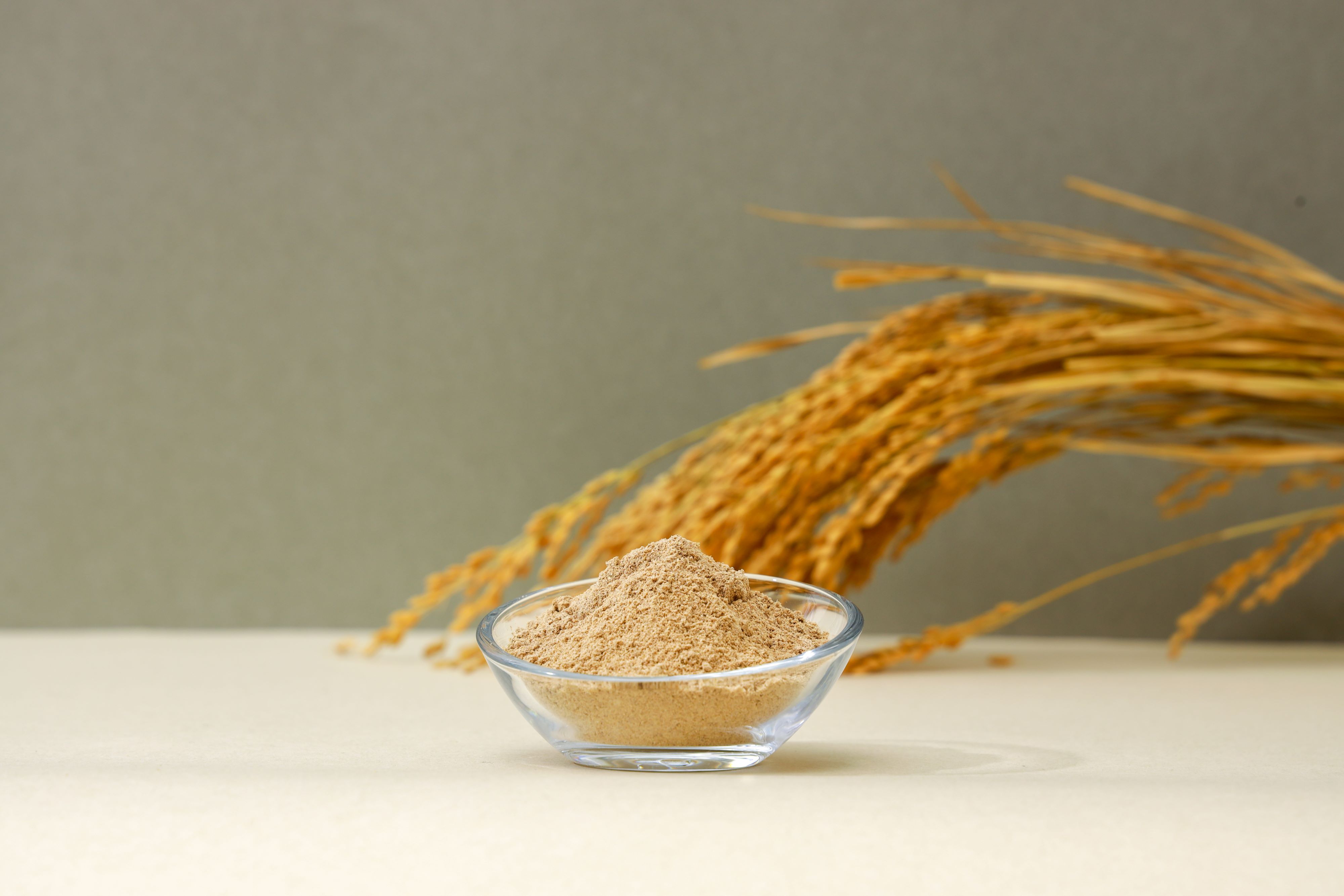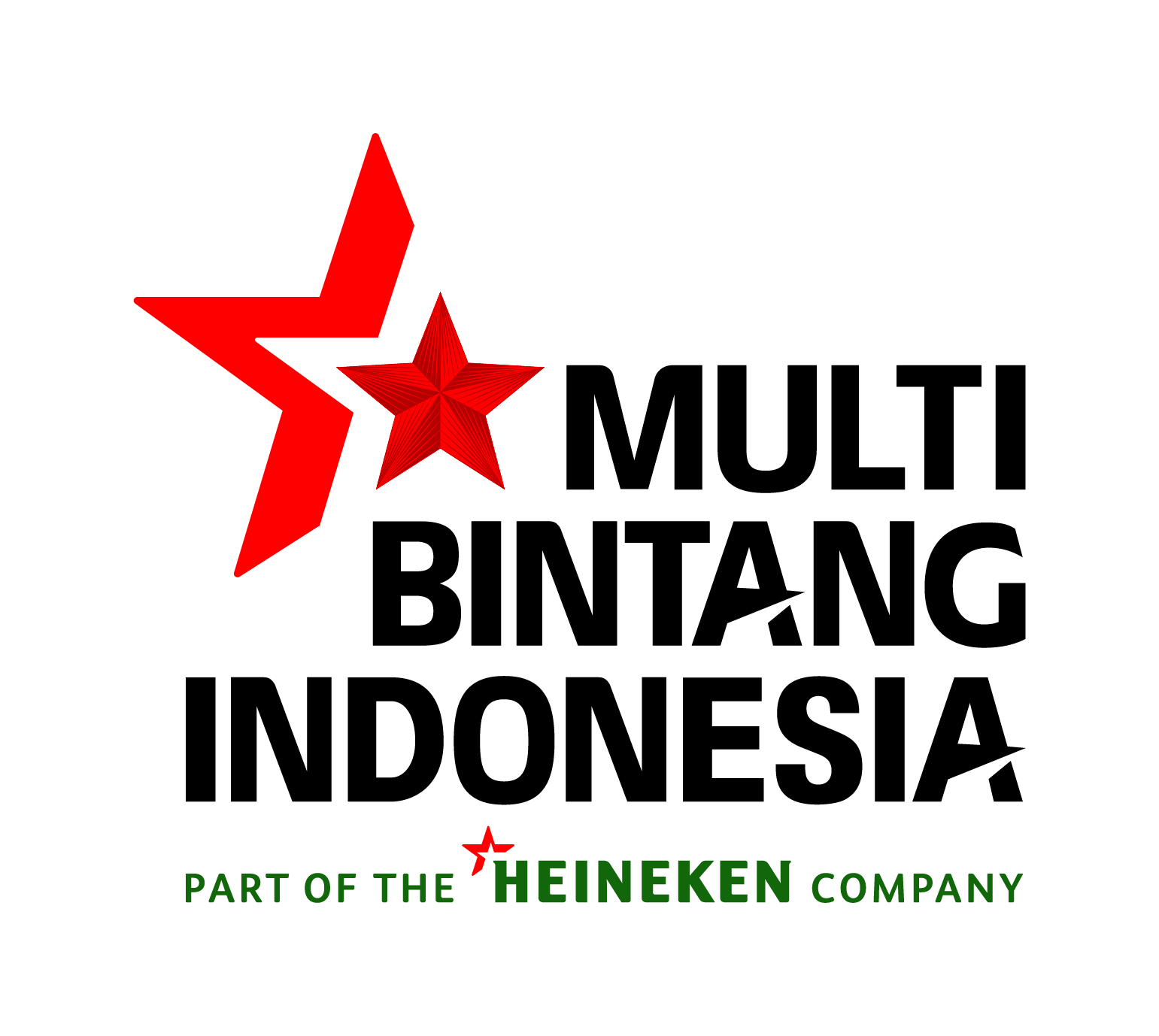RE:harvest – ASEM SMEs Eco-Innovation Center

P4G Theme
Food Loss and Waste Reduction
SDG

Status
Active
Countries of Operation
Supported By
About
The RE:harvest – ASEM SMEs Eco-Innovation Center (ASEIC) partnership aims to directly reduce food waste issues and mitigate carbon emissions in Indonesia by upcycling beer by-products and other related by-products into nutritious alternative products.
Investing in Impact
P4G awarded the partnership with US $100,000 in grant funding in 2021 and US $286,240 in 2024.
RE:harvest upcycles Brewers’ spent grain (BSG) and related grain-based by-products into a nutritious products such as alternative flour or energy powders that can be used in consumer food products such as granola bars and bakery items. Despite its high nutritional content, BSG remains largely unused and constitutes a major by-product of the brewing process. The process of upcycling BSG will prevent tons of food waste from entering landfills while benefiting the environment. According to an internal analysis, the production of 1 kg of flour saves 11 kg of carbon emissions, 3.7 tons of water and diverts 3 kg of food waste based on the internal analysis.
RE:harvest will establish an upcycling pilot plant in Indonesia through a collaboration with PT. INKO JAYA , and Multi Bintang, the largest brewery in Indonesia. RE:harvest offtakes the brewery’s beer byproduct to upcycle it. This avoids waste that would otherwise go to landfill and also helps the brewery meets it sustainable targets. Further, RE:harvest will continue to look out for food by-products that can be upcycled to potentially increased the impact.
During the second round of P4G funding, RE:harvest will also expand its business-to-business consumer base in Indonesia by identifying more businesses such as restaurants and food franchises who can use the upcycled products. It will expand its protein and fiber powder line to introduce other by-products in the Indonesian market that it is has upcycled in Korea including ginseng, wheat bran and more. To raise awareness of the nutritional and environmental benefits of upcycled products, the business will conduct workshops, participate in local exhibitions, and launch local online and offline campaigns.
A key area of work for the partnership is to contribute to improving the policy and regulatory environment for upcycled products in Indonesia, and secure the necessary licenses for upcycled products in Indonesia and other countries in Asia. ASEIC will support RE:harvest in its enabling environment work and also lead on analyzing the climate and social impact of the partnership.
Since Indonesia is a new market for RE:harvest, the startup has been raising consumer awareness about its brand through different marketing channels. Activities include a Bahasa Indonesian website with details on its products and partnerships with influencers who try its products and share information on food upcycling. RE:harvest has also participated in multiple international events across Asia to share information about its scalable solution.
RE:harvest is also exploring options for diversifying its portfolio of upcycled products in Indonesia to both food and non-food items.
During the first P4G funding round, the partnership won an innovation award at the International Symposium on Food and Nutrition in Indonesia. This recognition, combined with events such as cooking classes to demonstrate the use of the upcycled flour, opening pop-up stores, and speaking at seminars allowed the partnership to raise awareness about the product not only to consumers but also to regulators.
During the P4G funding period, the partnership aims to raise US $2.6 million in investment, avoid 7,300 metric tons of carbon emissions, and create 12 new jobs.
The partnership comprises the following partners: RE:harvest (lead business partner); ASEM SMEs Eco-Innovation Center (ASEIC) (lead commercial partner); PT. Multi Bintang, PT. Inko Jaya Group.

.png)
